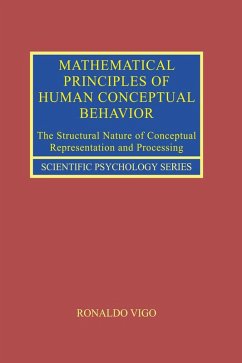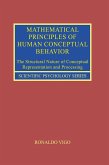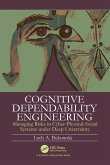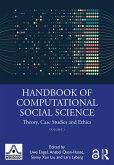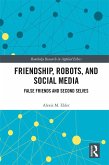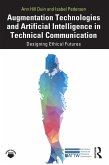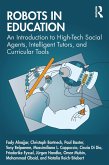The fields of cognitive science and psychology face three long standing challenges: discovering the laws that govern concept learning and categorization behavior in organisms, showing how they inform other areas of cognitive research, and describing them with the mathematical systematicity and precision found in the physical sciences. This volume will introduce a set of general mathematical principles for predicting and explaining conceptual behavior based on seven fundamental constructs of universal science: invariance, complexity, information, similarity, dissimilarity, pattern, and representation.
Dieser Download kann aus rechtlichen Gründen nur mit Rechnungsadresse in A, B, BG, CY, CZ, D, DK, EW, E, FIN, F, GR, HR, H, IRL, I, LT, L, LR, M, NL, PL, P, R, S, SLO, SK ausgeliefert werden.

